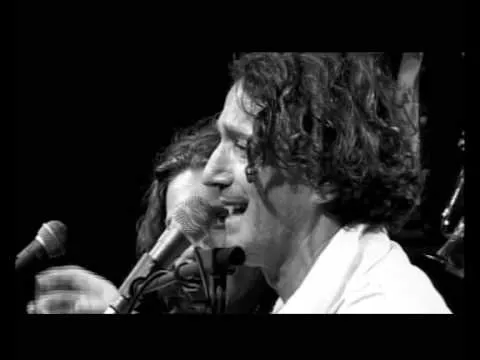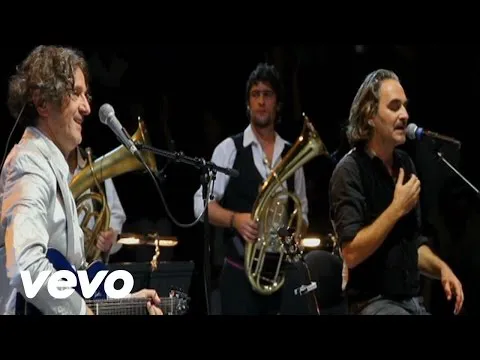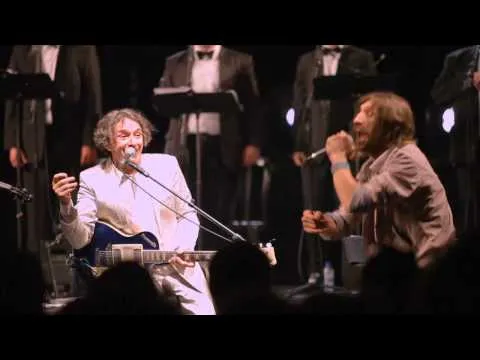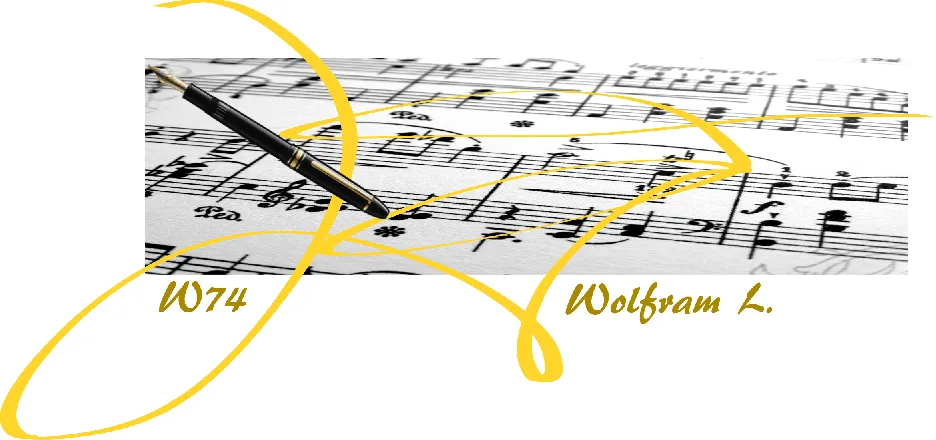Gypsies feel and express openly and with pure honesty.



23. April – It’s Ederlezi (Đurđevdan)
Why is this date so important? Because today my wife and I are celebrating our wedding anniversary, and at the same time it is a very important day throughout the Balkans. The Roma celebrate "Ederlezi" (the arrival of spring), one of their most important holidays. In the Slavic-speaking regions (from Russia to Slovenia), 23 April is known as Jurjevo or Đurđevdan.
Warum ist dieses Datum so wichtig? Weil heute meine Frau und ich unseren Hochzeitstag feiern und gleichzeitig dieser Tag auf dem gesamten Balkan dick unterstrichen ist. Die Roma feiern nämlich mit “Ederlezi” (die Ankunft des Frühlings) einer ihrer höchsten Feiertage. In den slawischsprachigen Regionen (von Russland bis Slowenien) kennt man jenen 23. April als Jurjevo oder Đurđevdan.

And with this, the musician, composer and arranger, who is not a Roma himself, but who has incorporated the music of the Gypsies into his compositions like hardly anyone else in the Balkans, comes onto today's jazz matinee stage: Goran Bregović.
But his career began far from the jazz stage. His passion was once rock 'n' roll.
Und hiermit kommt der Musiker, Komponist und Arrangeur auf die heutige Jazz-Matinee-Bühne, der selbst zwar nicht den Roma zugehörig ist, doch die Musik der Zigeuner mit in seine Kompositionen einbezog wie kaum ein anderer auf dem Balkan: Goran Bregović.
Den Anfang nahm dessen Karriere jedoch weit ab von einer Jazz-Bühne. Seine Leidenschaft war einst der Rock ‘n’ Roll.

Born in Sarajevo on 22 March 1950, Bregović embodies just about everything that used to define a Yugoslav. His mother was Serbian, his father Croatian, and he grew up in Bosnia. In 1974, with friends from the region, he founded the band "Bijelo Dugme", which would remain the standard for everything rock in the former Yugoslavia until its dissolution in 1989.
Bregović, am 22. März 1950 in Sarajevo geboren, verkörpert so ziemlich all das in sich, womit man in früheren Jahren einen Jugoslawen definiert hatte. Die Mutter Serbin, der Vater Kroate und er aufgewachsen in Bosnien. 1974 gründete er mit Freunden aus der Umgebung die Formation “Bijelo Dugme”, die, bis zu ihrem Auseinanderbrechen 1989, wohl der Maßstab aller Dinge in Bezug auf Rock im ehemaligen Jugoslawien bleiben sollte.

But already in 1981 Goran Bregović fulfilled the wish of the Bosnian director Emir Kosturica to compose the music for his world success "Dom za vješanje" (Time of the Gypsies). This was followed by the film "Arizona Dream", in which
Bregović worked with Iggy Pop for the first time. But already here the change in musical style towards the cradle of Balkan culture was noticeable.
Doch bereits 1981 entsprach Goran Bregović dem Wunsch des bosnischen Regisseurs Emir Kosturica, die Filmmusik für dessen Welterfolg “Dom za vješanje” (Time of the Gyipsies, Die Zeit der Zigeuner) zu komponieren. Danach folgte der Film “Arizona Dream”, bei dem
Bregović erstmals mit Iggy Pop zusammenarbeitete. Doch bereits hier war die Veränderung der musikalischen Stilrichtung, hin zur Wiege der Balkan-Kultur erkennbar.

In 1998, he then founded the orchestra for weddings and funerals and dressed old Roma and Balkan folk music in a new, musical garment. The orchestra exists in its small formation with nine or ten members and in the big band version with up to 39 musicians. The Wedding and Funural Orchestra is one of the most booked formations worldwide. From New York to Milan to Sydney, they always ensure the highest level of enthusiasm.
1998 gründete er dann das Orchester für Hochzeiten und Beerdigungen und kleidete alte Volksmusik der Roma und vom Balkan in ein neues, musikalisches Kleid. Das Orchester existiert in seiner kleinen Formation mit neun oder zehn Mitgliedern und in der Bigband Version mit bis zu 39 Musikern. Das Wedding and Funural Orchestra ist eine der meistgebuchten Formationen weltweit. Von New York über Mailand bis nach Sydney sorgen sie stets für höchste Begeisterung.

Bregović's 2004 reinterpretation of Bizet's opera "Carmen" alone, now to be enjoyed as Karmen with a happy ending, has so far been performed more than a hundred times worldwide. Songs such as the well-known song "Bella Ciao", which the Italian partisans sang to their wives and girlfriends before they went into battle against the fascists, also take on a whole new sound here.
Allein die von Bregović 2004 neu interpretierte Version von Bizet’s Oper “Carmen”, nun als Karmen mit einem Happy End zu genießen, wurde bislang mehr als hundertmal weltweit aufgeführt. Auch Lieder, wie das hinlänglich bekannte Lied “Bella Ciao”, welches die italienischen Partisanen ihren Frauen und Freundinnen sangen, bevor sie in den Kampf gegen die Faschisten zogen, bekommt hier einen ganz neuen Klang.

Finally, I have a few remarks to make about the music and my lyrics. In the context of the Roma, I sometimes use the now so frowned upon term Gypsy. I do this because I know members of the Roma community very well, and they call themselves Cigani (Gypsies). As far as the music is concerned, there are two main styles of gypsy jazz. One is the guitar-heavy jazz that is played a lot in Central Europe (Django Reinhardt, Hänschen Klein) and the brass-heavy jazz that is widespread in the Balkans.
Abschließend noch ein paar Anmerkungen zu der Musik und meinem Text. Im Kontext der Roma nutze ich manchmal die inzwischen so verpönte Bezeichnung Zigeuner. Ich tue dies, weil ich Mitglieder der Roma sehr gut kenne und sie sich selbst als Cigani (Zigeuner) bezeichnen. Zu der Musik sei gesagt, dass zwei Hauptrichtungen des Zigeuner-Jazz sich etabliert haben. Einmal der gitarrenlastige, in Mitteleuropa viel gespielte Jazz (Django Reinhardt, Hänschen Klein) und den vom Blech bestimmten Jazz, der auf dem Balkan verbreitet ist.


If you want to get to know more about Goran Bregovic and his The Wedding and Funeral Orchestra, I suggest you check this out: http://www.goranbregovic.rs/music/index.html
Wer tiefer in das Schaffen von Goran Bregovic und seines The Wedding and Funeral Orchestra eintauchen möchte, dem empfehle ich einen Blick auf diese Seite: http://www.goranbregovic.rs/music/index.html

All said and done? Certainly not. The Jazz Matinee is only closing its doors for today so that it can open them wide again next Sunday. If you can't wait until then, take a look at the list of artists who have performed with us in the past.
Alles gesagt und alles gehört? Mit Sicherheit nicht. Lediglich für heute schließt die Jazz-Matinee ihre Pforten, um sie am kommenden Sonntag wieder sperrangelweit öffnen zu können. Wer so lange nicht warten möchte, kann sich aus der Auflistung der Künstler bedienen, die in der Vergangenheit bei uns auf der Bühne standen.

All Jazz-Matinee performances
Ada Morghe, Alma Naidu, Alune Wade, Bebo Best & The Super Lounge Orchestra, Big Bad Voodoo Daddy, Blue Note Tokyo, Breakdown Brass, Carlos Reisch & The Jazz-RAPertoire, Cécile McLorin Salvant, Club des Belugas, Cory Henry, De-Phazz, Dominic Miller, Eartha Kitt, Emmet Cohen, Fixi & Nicolas Giraud, Footprint Project,Gare Du Nord, Galactic, Gypsophilia, Imperial Tiger Orchestra, Ina Forsman, Indra Rios, Jazz meets Pop, Jazzkantine, Jeff Goldblum & The Mildred Snitzer Orchestra, Jembaa Groove, Jungle by Night, Karen Souza, Kinga Glyk, Lady Blackbird, Lars Kutschke, Lee Ritenour, Lizz Wright, Madeleine Peyroux, Maik Mondial, Malika Tirolien, Martin Grubinger, Monkey House, Muito Kaballa, New Cool Collective, Paco de Lucia, Phat Phunktion, Ranky Tanky, Redtenbacher’s Funkestra, Roberto Fonseca, Robin McKelle, Shotnez, Snarky Puppy, St. Paul Peterson, The Bahama Soul Club, The Budos Band, The Crusaders, The Jazz Defenders, The Jazzrausch Bigband, The Souljazz Ochestra, Triosence, Trombone Shorty, True Loves, Wynton Marsalis & Eric Clapton


